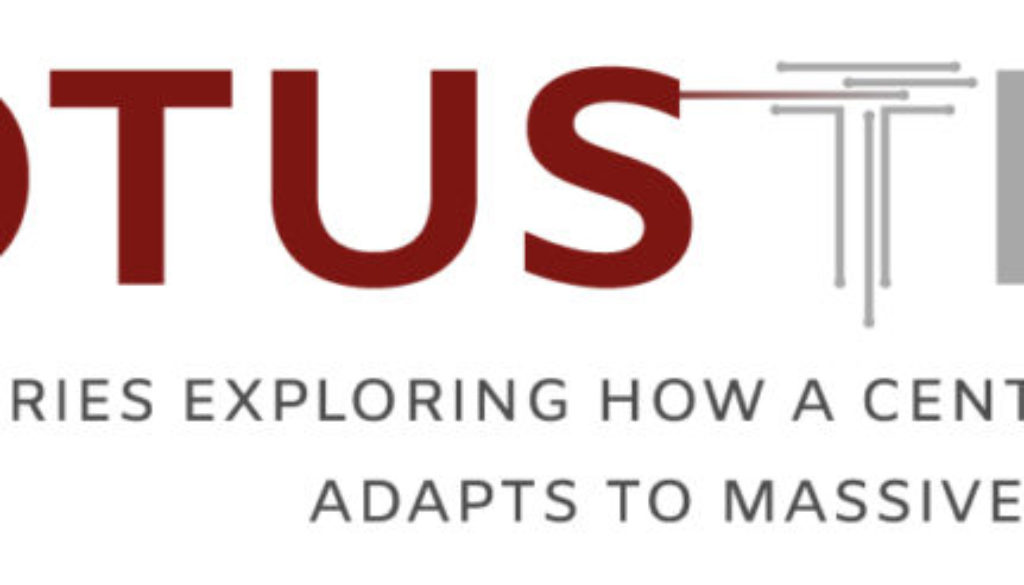Carpenter: How SCOTUS Defines Constitutional Privacy In The Digital Age
Moments ago the Supreme Court (SCOTUS) issued its ruling in cellphone privacy case, Carpenter v. U.S. Join us for a popup briefing next Friday as a panel of Academy experts parses the Court’s decision and what it means for the future of privacy.
The Carpenter case may potentially transform our understanding of our Constitutional privacy rights and Fourth Amendment jurisprudence. Our panel will discuss what privacy rights should U.S. citizens maintain when they share their location and other data with Internet companies and cellphone carriers? Does law enforcement need a warrant to collect this data from these “third-parties?”
This is the first briefing of our SCOTUS Tech series.
Moderator
Jadzia Pierce – Associate, Covington & Burlin LLP, Internet Law & Policy Foundry Fellow
Panelists
Michelle Richardson – Deputy Director, Freedom, Security, and Technology Policy, Center for Democracy and Technology
Dan Schweitzer – Supreme Court Counsel, National Association of Attorneys General
David Lieber – Senior Privacy Policy Counsel, Google
SCOTUS Tech
Like the U.S. Congress, the Supreme Court is struggling to reckon with rapidly emerging Internet technologies in its decision-making. Applying centuries of caselaw to massively disrupting technologies is increasingly becoming a challenge for the highest court and its appellate courts.
SCOTUS Tech is a new series of panel discussions co-hosted by the Congressional Internet Caucus Academy and the State of the Net Series. SCOTUS Tech will bring together experts over a series of events to explore how the Supreme Court and appellate courts grapple with technology in the Internet age.

